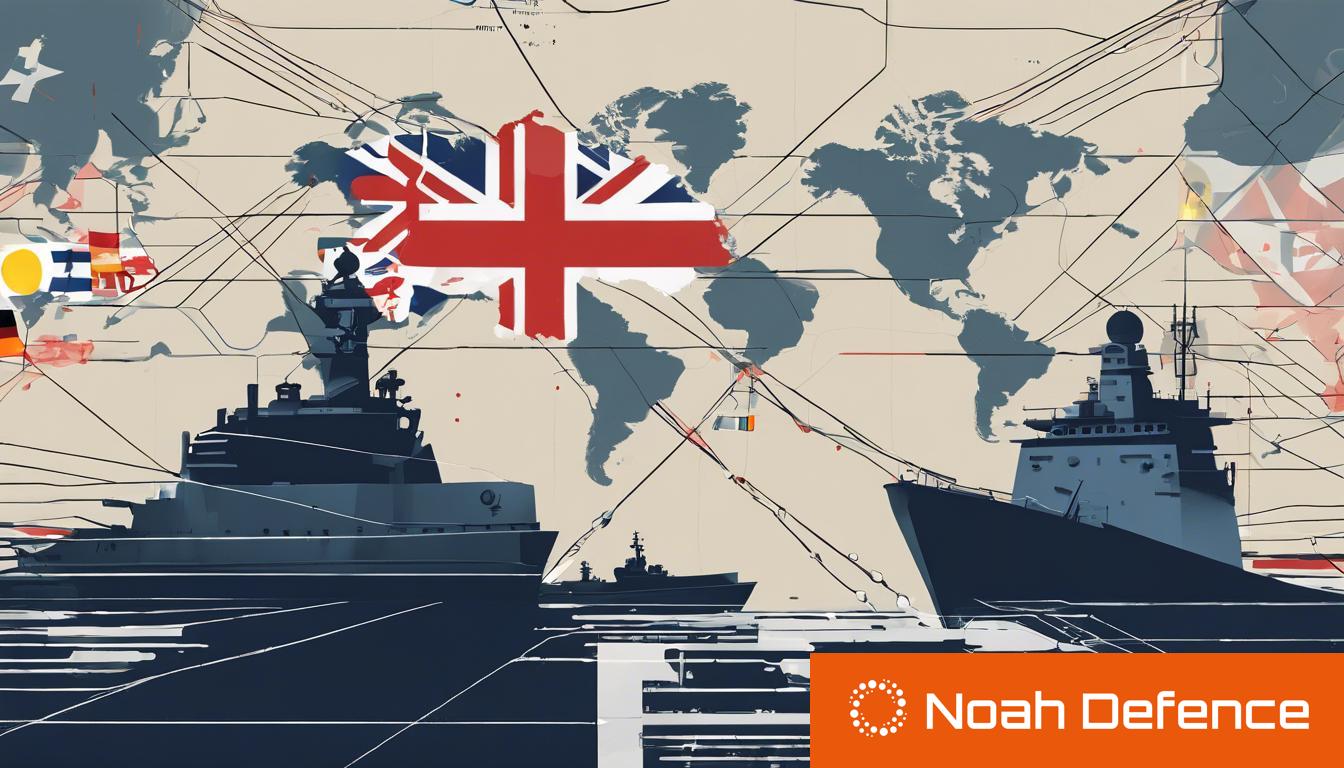A major security breach has occurred as Russian hackers infiltrated German military communications, revealing classified details about the British military’s involvement in Ukraine and jeopardizing the safety of UK forces.
In a significant security breach, Russian hackers infiltrated German military communications, uncovering classified details regarding the British military’s involvement in Ukraine. This incident was highlighted during a non-encrypted video call among German Air Force officials, including Lieutenant General Ingo Gerhartz. In the conversation, there was talk of sending cruise missiles to Ukraine alongside mentions of UK personnel on the ground and the provision of Storm Shadow missiles to Ukrainian forces. The German defence ministry confirmed the breach, which now jeopardizes the safety of British forces in Ukraine by potentially making them targets for Russian forces.
This cyber intrusion has stirred considerable alarm among NATO allies, reflecting on the importance of secure communication channels for military operations. Former UK Defence Secretary Ben Wallace openly criticized the security protocols of Germany post-leak. German Chancellor Olaf Scholz acknowledged the gravity of the situation, describing the breach as “very serious,” with internal discussions about missile deployment ongoing.
In a related development, NATO experts are suggesting a strategy to counter Russian aggression by exploiting NATO’s naval superiority. The proposed approach aims to divert Russian military focus towards protecting its extensive coastline, thereby potentially limiting its capacity for offensive operations elsewhere. Analysts Sidharth Kaushal and Rene Balletta contend that such a strategy could deplete Russian resources, compelling a shift in military allocation away from ground forces, significantly impacted by losses in Ukraine. Central to this strategy are naval exercises, the deployment of nuclear submarines, and the enhancement of missile capabilities. However, this proposition also acknowledges the challenges posed by Western sanctions on Russian naval expansion and the underlying risks of escalating tensions.
